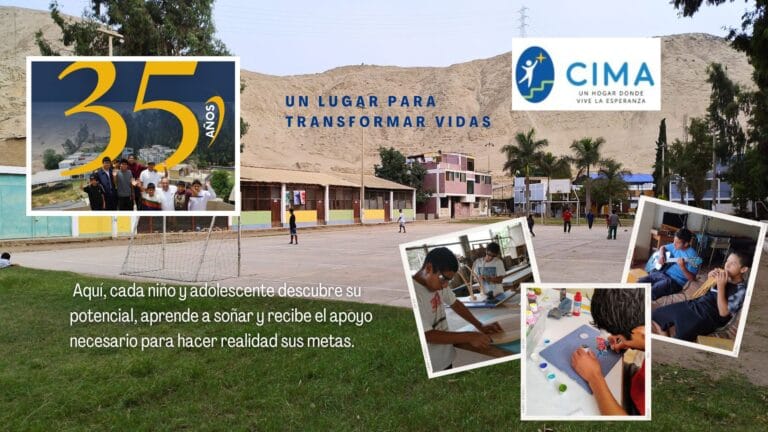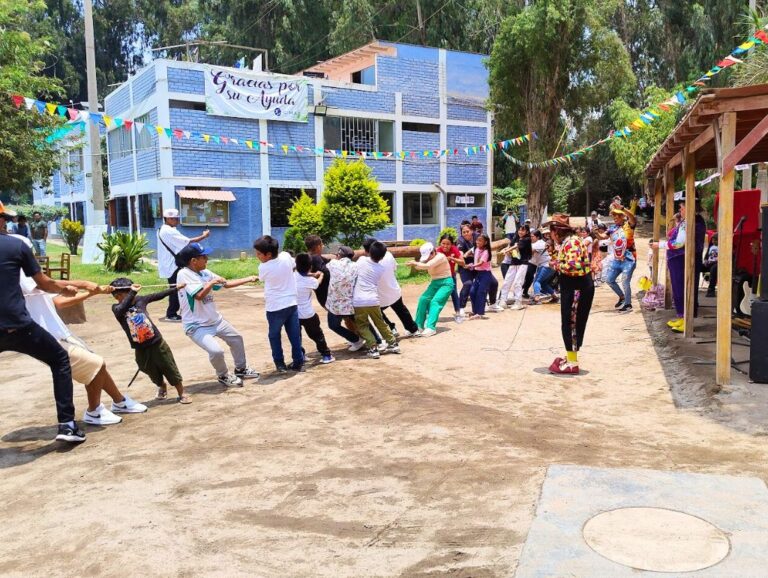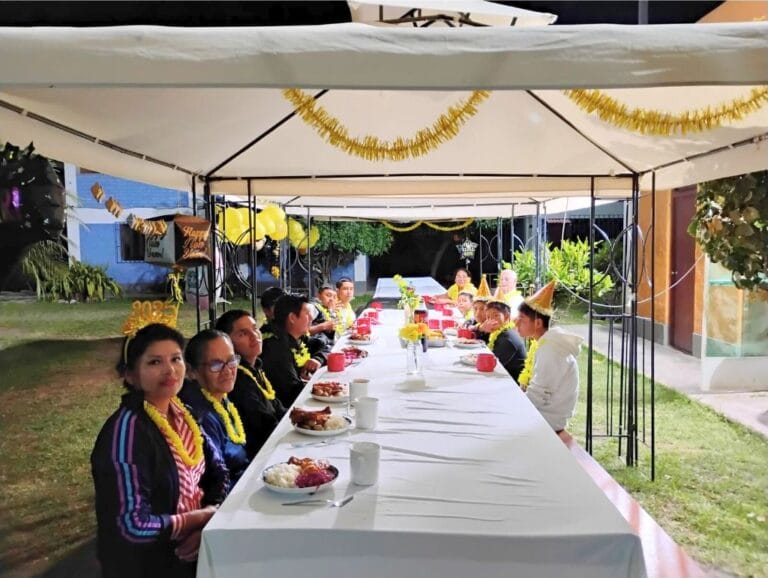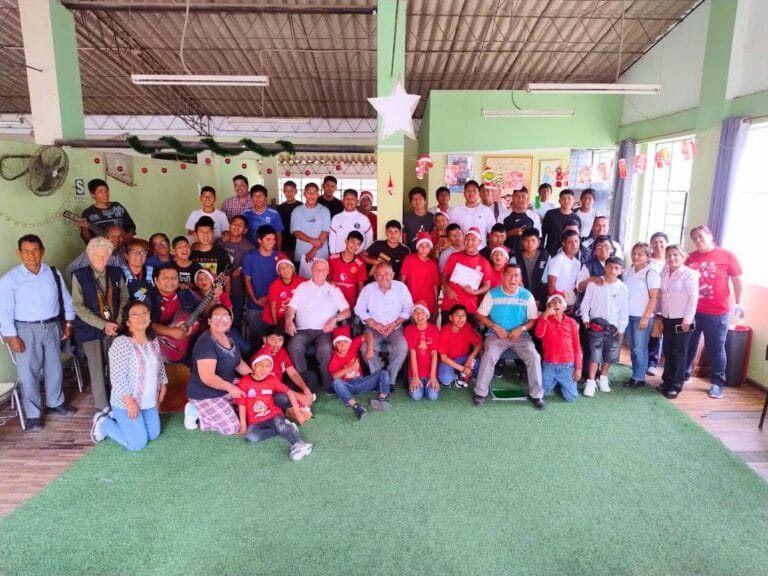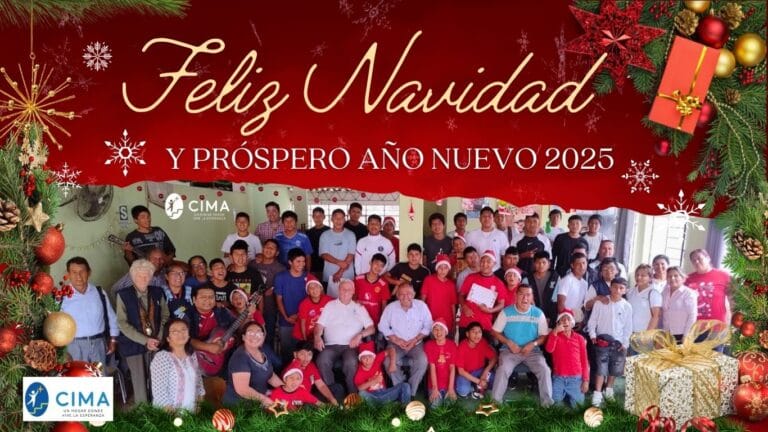Help Us
You too can be part of the change!
Discover how you can support CIMA Home through donations, volunteering, sponsorships, and corporate partnerships.
Every contribution counts and makes a difference in the lives of the children we care for.
[wcdp_donation_form id="25817" style="4"]
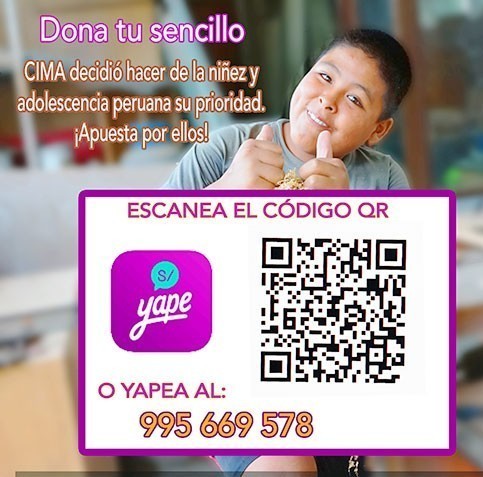
Our bank accounts
Account Number: 01044106004070 CCI: 00904400010600912494
Account Number: 00044106009124 CCI: 00904400010600912494
Account Number: 1932444046032 CCI: 00219300244404603217
CIMA provides comprehensive care to
Children and adolescents
We are committed to providing a safe, caring and stimulating environment where children can heal, grow and thrive. We strive to be leaders in the rehabilitation of at-risk children, promoting love, compassion and respect for children’s rights.
Our next events
Join the CIMA Team
Give a helping hand to people in need
There is always a lot of work to do, so the support of volunteers is very welcome.
Recent news












